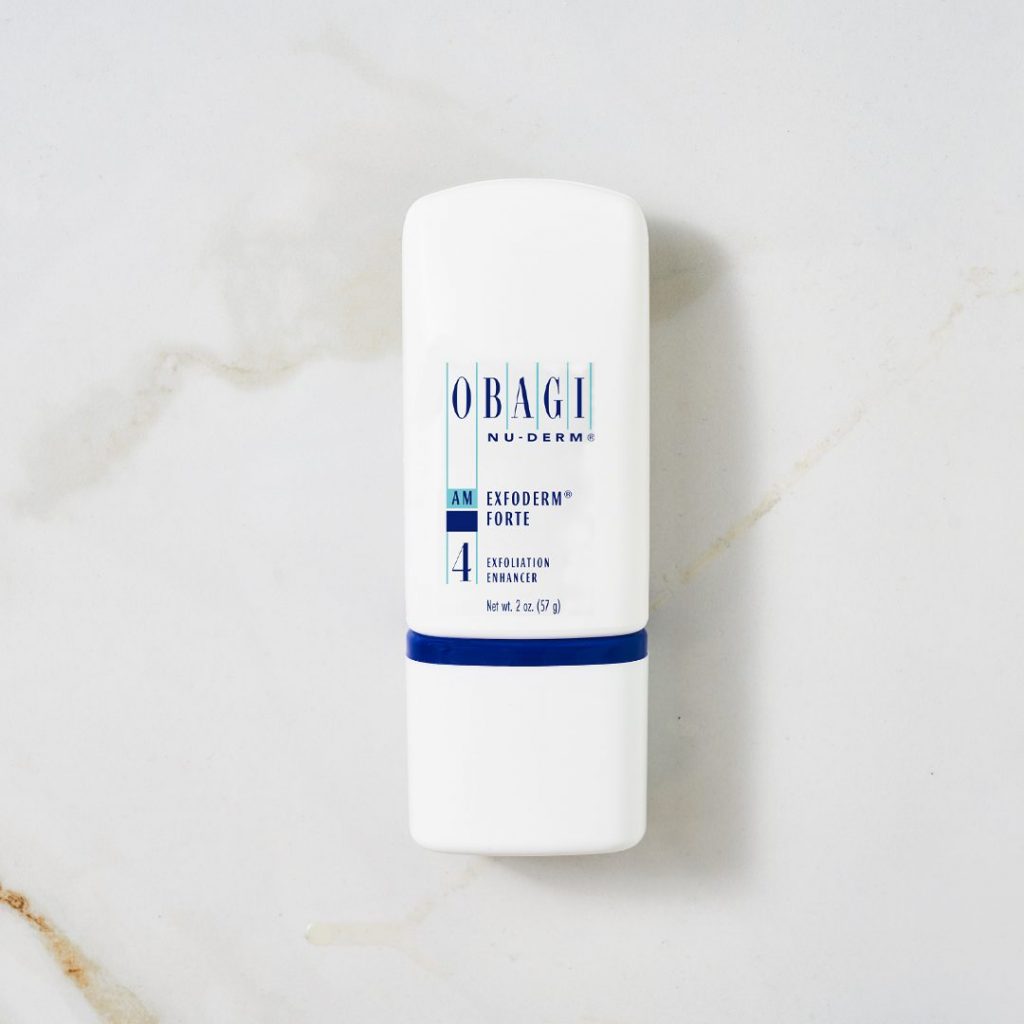
When it comes to building and creating the perfect skincare routine for you, your primary goal is to achieve radiant and fresh skin.
In this article, you will find out what lactic acid is, its benefits and the best product to use to achieve clear and glowing skin.
What is Lactic Acid?
One of the most common alpha hydroxy acids is lactic acid, an organic substance that can be created both naturally and artificially.
Dairy products naturally contain lactic acid and people all across the world have utilised dairy products to soften and enhance their skin.
What Are The Benefits Of Using Lactic Acid?
Incorporating lactic acid into your routine can enhance your overall skin. It has several benefits that will leave your skin fresh and radiant.
Here are 5 lactic acid benefits:
1. Brightens The Skin
One of the many benefits of lactic acid, as with all AHAs, is its ability to gently exfoliate the skin by breaking down the proteins that bind our skin cells together making them easier to wash away rather than having to physically scrub your skin.
It effectively exfoliates the skin and enhances cellular renewal by increasing cell turnover rates in your skin, leaving skin looking bright and smooth.
2. Helps To Prevent Breakouts And Acne
You might want to consider using lactic acid if you have skin that is prone to acne. Excess sebum, dead skin cells, and bacteria that block pores cause blemishes to appear, which are then followed by inflammation. Dead skin cells that might clog pores and lead to acne outbreaks are removed by lactic acid and due to its moisturising properties, which keep the skin hydrated and supple, blemishes heal more quickly.
3. Aids In Hydrating Your Skin
Due to their exfoliating properties, chemical exfoliants are often linked to dry skin. However, lactic acid is an exception to this rule and actually works well as a moisturiser.
When lactic acid lotion is applied to the body, its exfoliating effect helps to break down tough skin while its hydrating action nourishes dry skin.
Also, lactic acid helps to raise levels of ceramides, known as lipids, that the skin naturally produces and are essential for maintaining its barrier function.
The skin barrier weakens in the absence of lipids, leading to symptoms like dry and irritated skin. Lactic acid helps to keep your skin healthy and hydrated by promoting the production of ceramides.
4. Improves Discolouration And Skin Tone
When applied to your skin, in some forms lactic acid can lighten skin and treat skin discolouration. Also, it directly inhibits the activity of tyrosinase. Tyrosinase is a crucial enzyme in the production of melanin, the pigment responsible for giving skin its colour and also helping to cause dark spots. So, by blocking tyrosinase, lactic acid may be able to lessen the uneven pigmentation brought on by UV exposure and ageing.
5. Helps To Reduce And Fight Any Signs Of Ageing
By promoting the production of new collagen, lactic acid can lessen the appearance of lines and wrinkles. Skin firmness is maintained by the body’s natural production of collagen, a structural protein.
Around the age of 25, collagen production begins to drop and gets worse as people get older. Although collagen is a common ingredient in skin care products, it simply cannot permeate the skin deeply enough to have an anti-ageing impact. This is why employing substances like lactic acid, which may enter the skin and stimulate the production of collagen, offers powerful anti-ageing advantages.
The Best Way To Use Lactic Acid
To get bright, clear, and radiant skin you can use the Obagi Nu-Derm® Fx Exfoderm® Forte and incorporate it into your skincare routine. It aids in increasing your skin’s cell turnover and encourages exfoliation, leaving your skin bright and glowing. Using this in your routine helps to exfoliate dull, dead skin cells to reveal a smooth, radiant complexion. As well as helping to decrease dark spots, sunspots and other signs of skin ageing.
What Not To Mix With Lactic Acid
It is best to avoid using any retinol products alongside lactic acid, as they are both chemical exfoliants. If you use them together, this could cause your skin to become sensitive and irritated.



